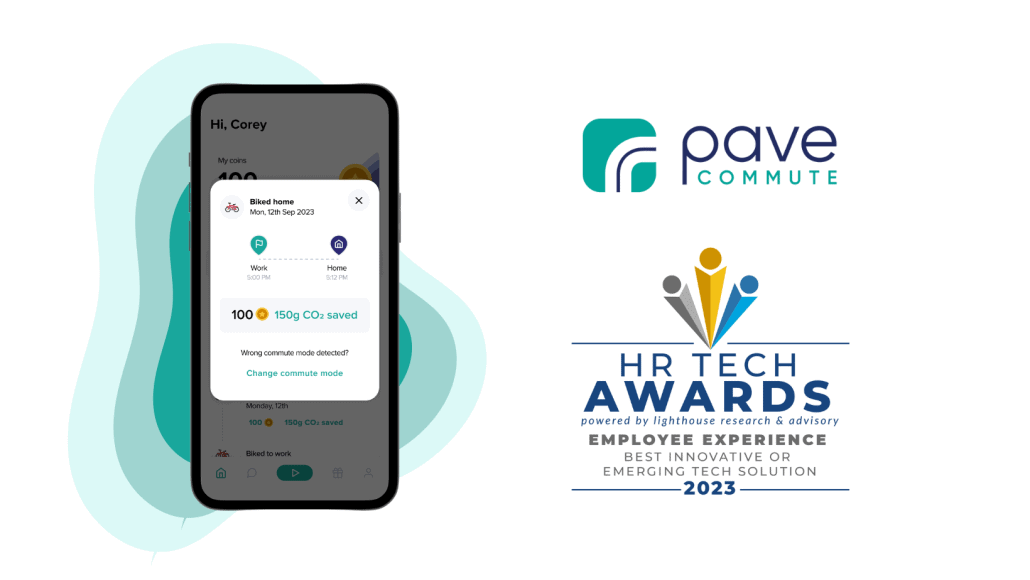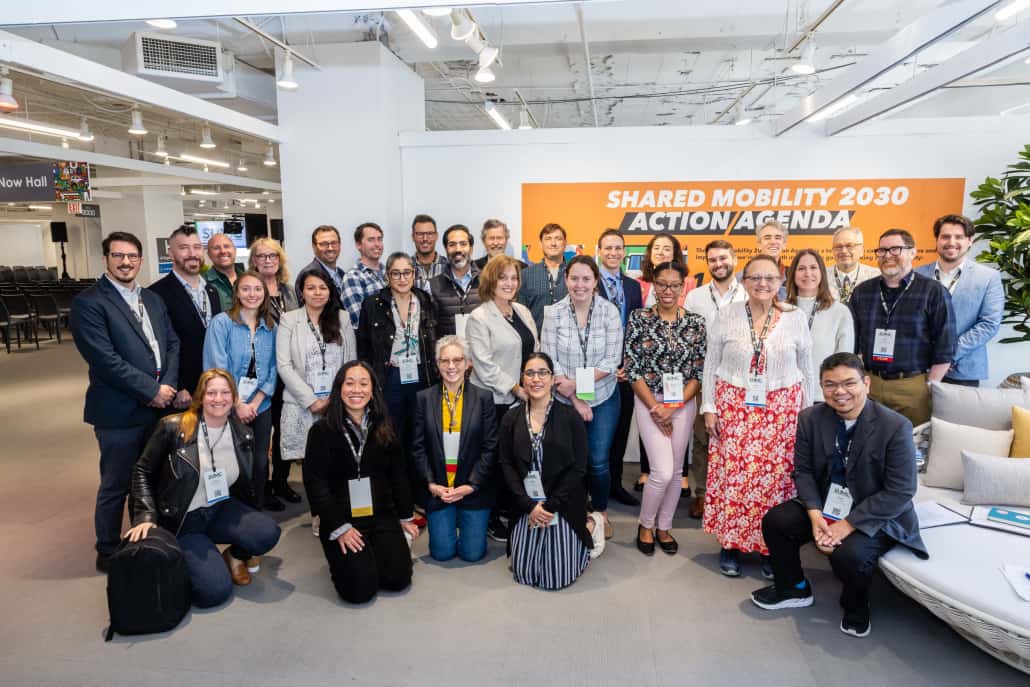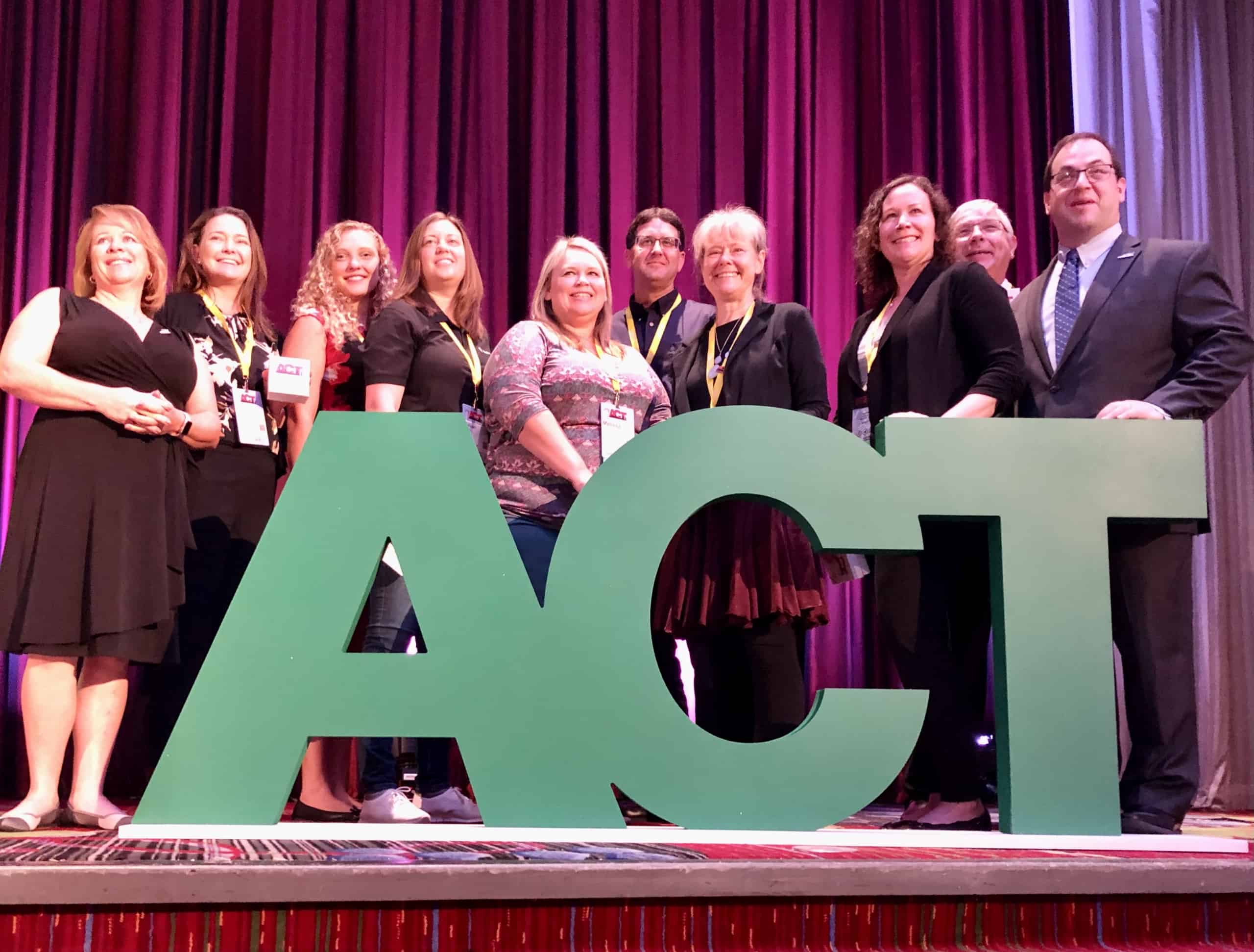How Commuter Programs Build a Better Workplace Experience

Commuters arriving to the workplace
In 2021 and 2022, the U.S. and international labor forces underwent an unprecedented generational shift dubbed the Great Resignation (a.k.a. the Big Quit). In its wake, human resources professionals have continued to prioritize the development of a more positive and wellness-oriented workplace experience as talent retention persists as a major issue facing employers.
Experts continue to debate the underlying and immediate causes of the Great Resignation. Yet, a strong consensus of observers believe the phenomenon is rooted in a dissatisfaction among a broad plurality of workers with conventional approaches to employment. Analysts have attributed many facets of the Great Resignation to a desire among employees for a better work-life balance and work situations that affirm their individualism and human dignity.
The end result of the Big Quit is a sea change in the labor market landscape, which has shifted decidedly in favor of employees and job-seekers. Commuter programs offer employers a meaningful yet affordable way to achieve multiple strategic benefits associated with building a more positive workplace experience.
Commuter Programs: Why They Matter and Their Impact on the Workplace Experience
Commuting is well-documented as being stressful. However, it can also be demoralizing — especially for daily long-distance commuters and people who travel to and from work in a single-occupancy vehicle. The combination of sedentary activity, isolation, traffic congestion, and unpredictability combine to make driving a particularly difficult mode to rely on.
How bad is it for commuters? A 2021 survey conducted by The Zebra, a United States-based insurance marketplace, asked 1,000 people what they would give up in terms of compensation in order to shorten their daily commutes. A majority of respondents said they would sacrifice as much as 50% of their salaries in exchange for a more manageable daily journey to work.
The Zebra’s findings echo a growing perception that money has waned as a primary driver of people’s employment choices. In 2018, Harvard Business Review published an editorial commenting on research that found 9 out of 10 survey respondents were willing to accept less money in order to land a more meaningful job.
Meanwhile, “Big Four” accounting firm PricewaterhouseCoopers (PwC) conducted a global workforce survey in 2022, which encompassed more than 52,000 people in 44 countries. The PwC study found that while money remains a primary factor for many employees, impacts related to meaning are equally likely to guide their choices to stay at or leave a job.
While commuter programs alone do not suffice as generators of mission-oriented meaning, they can help align an employer with a broader set of shared citizenship values. More impactfully, they also contribute to a positive workplace experience by giving commuters easier access to a set of alternative commuting modes that can reduce stress, improve mood and productivity, and boost their ability to maintain a more positive work-life balance.
Another widely cited bit of market research originated with the internationally renowned talent recruitment and staffing firm Robert Half in 2018. The Robert Half report covered more than 2,800 commuters in 28 U.S. cities, and found that 23% of respondents have quit a job because of a difficult or stressful commute at least once in their lives.
At a time when businesses are struggling to attract and retain their best workers and employees are demanding a better workplace experience, commuter programs are an ideally positioned solution that benefits both parties in the employment equation.
Commuter Benefits Strategies that Work
The Society for Human Resource Management (SHRM), a top human resources professional organization, stresses that commuter programs have a major role to play in recruitment and retention efforts. SHRM experts note that well-designed and effective programs are especially beneficial to both employers and their people teams in major metropolitan centers. In these areas, commuting costs can be especially high given the relatively expensive nature of their parking and transportation networks.
To this end, many successful commuter benefits strategies focus on ways to either reduce those costs or put money back in the pockets of people who choose less stressful and more sustainable modes of transportation. Employers can help their team members cut commuting costs by offering transit subsidies or reimbursements, strong support for rideshare programs, and improved facilities for active commuters. Parking cash-out programs that offer team members financial compensation in exchange for voluntarily relinquishing their onsite parking privileges are another effective tool that can also help businesses save significant amounts of money.
At the same time, organizations should not take a one-size-fits-all approach when designing commuter programs. Team members have varying needs, with social, cultural, and generational factors all playing a role. Conducting surveys that generate advanced insights into the commuting behaviors, travel preferences, and workplace experience needs of team members are therefore highly recommended at the program planning and development stage.
A few other general tips and words of wisdom apply to commuter programs:
- Programs with user-friendly, internet-based and mobile access tend to generate better results
- Gamification, rewards, and incentive programs are effective ways to encourage commuters to give alternative modes a try
- Offer personalized recommendations and multimodal solutions to commuters to drive engagement
Employers should also ensure that their commuter programs comply with all relevant Internal Revenue Service (IRS) regulations and local commuter ordinances.
Integrate Pave Commute as Part of Your Organization’s Efforts to Improve the Workplace Experience
No matter the size of your company, RideAmigos solutions can empower you to engage and support commuters. Our apps, like Commute Hub, combine behavioral science research with easy-to-use technology to deliver a world-class commuter experience.
If you’re ready to help your teams adopt sustainable habits while improving their work-life balance, talk to our experts today!






